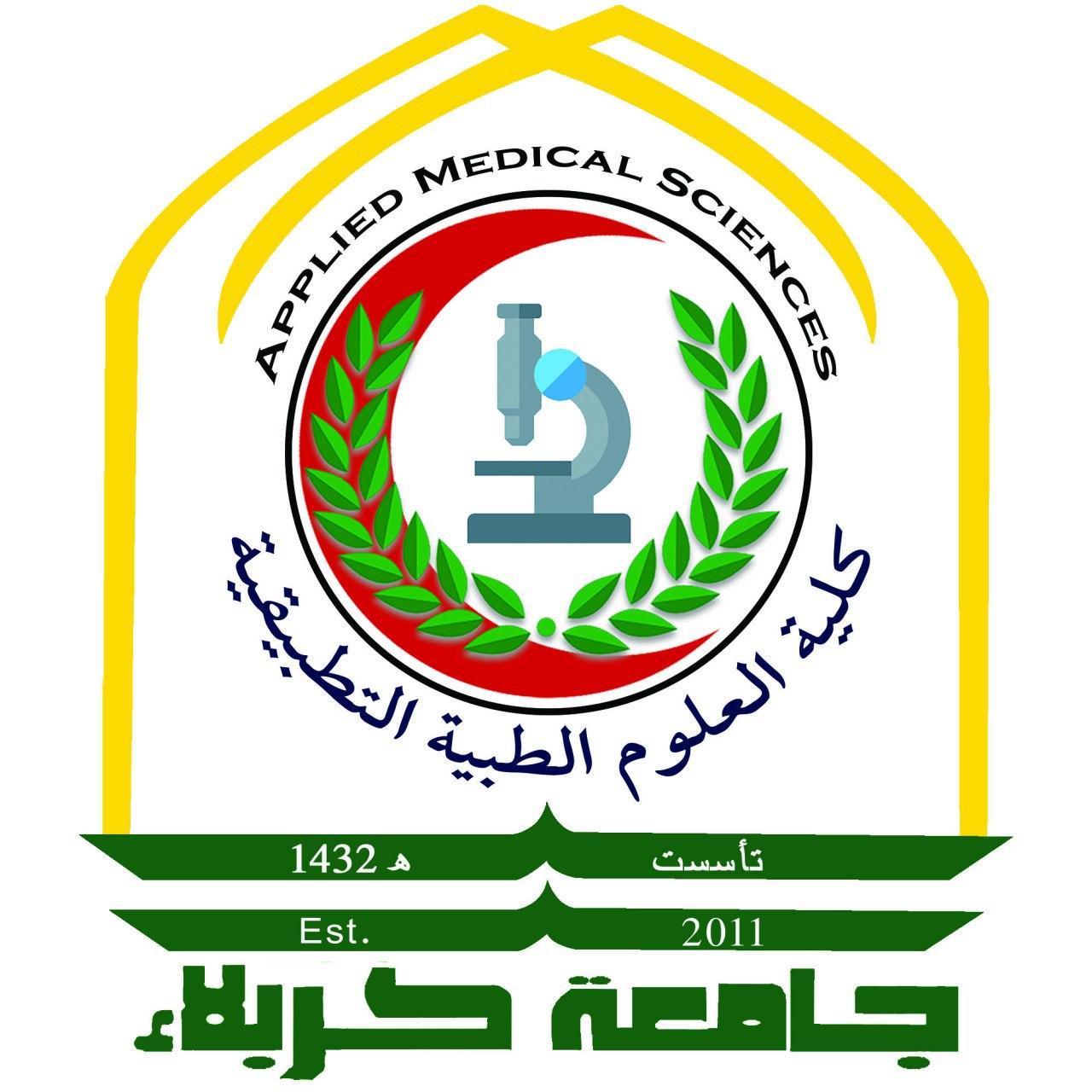
College of Applied Medical Sciences
University of Karbala

College of Applied Medical Sciences
University of Karbala

- Educational links
- Scientific Research
- Study with us

University of Karbala


 Ministry of Higher Education and Scientific Research
Ministry of Higher Education and Scientific Research
 UR Portal Govrenment Digital Services
UR Portal Govrenment Digital Services
 University of Babylon
University of Babylon
 University of Baghdad
University of Baghdad
 University of Technology
University of Technology
 University of Diyala
University of Diyala
 University of Mosul
University of Mosul
 University of Kufa
University of Kufa
 University of Basrah
University of Basrah
 University of Anbar
University of Anbar
 Tikrit University
Tikrit University
 University Of Al-Qadisiyah
University Of Al-Qadisiyah
 Al-Nahrain University
Al-Nahrain University
 University of Kirkuk
University of Kirkuk
 Mustansiriyah University
Mustansiriyah University
 University of Misan
University of Misan
 University of Thi-Qar
University of Thi-Qar
 University of Wasit
University of Wasit
 University of ITC
University of ITC
 Al-Iraqia University
Al-Iraqia University
 Al-Muthanna University
Al-Muthanna University
 Al-Qasim Green University
Al-Qasim Green University
 Middle Technical University
Middle Technical University
 University Of Fallujah
University Of Fallujah
 Al-Furat Al-Awsat Technical University
Al-Furat Al-Awsat Technical University
 Southern Technical University
Southern Technical University
 University Of Samarra
University Of Samarra
 Jabir ibn Hayyan Medical University
Jabir ibn Hayyan Medical University
 Al-Karkh University Of Science
Al-Karkh University Of Science
 Ninevah University
Ninevah University
 Basrah University for Oil and Gas
Basrah University for Oil and Gas
 University of Al-hamdaniya
University of Al-hamdaniya
 Northern Technical University
Northern Technical University
 Ibn Sina University
Ibn Sina University
 The Great Emam University College
The Great Emam University College
 University Of Sumer
University Of Sumer
 University Of Telafer
University Of Telafer
 Al-Farahidi University
Al-Farahidi University